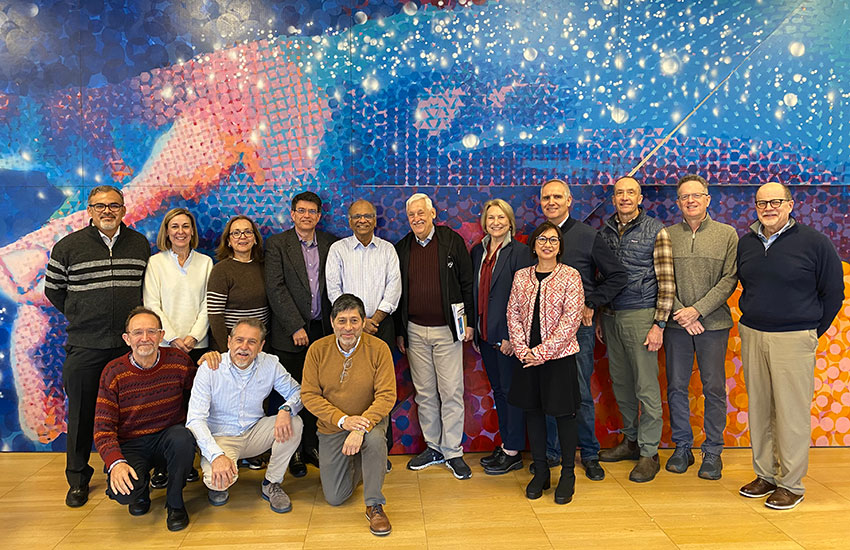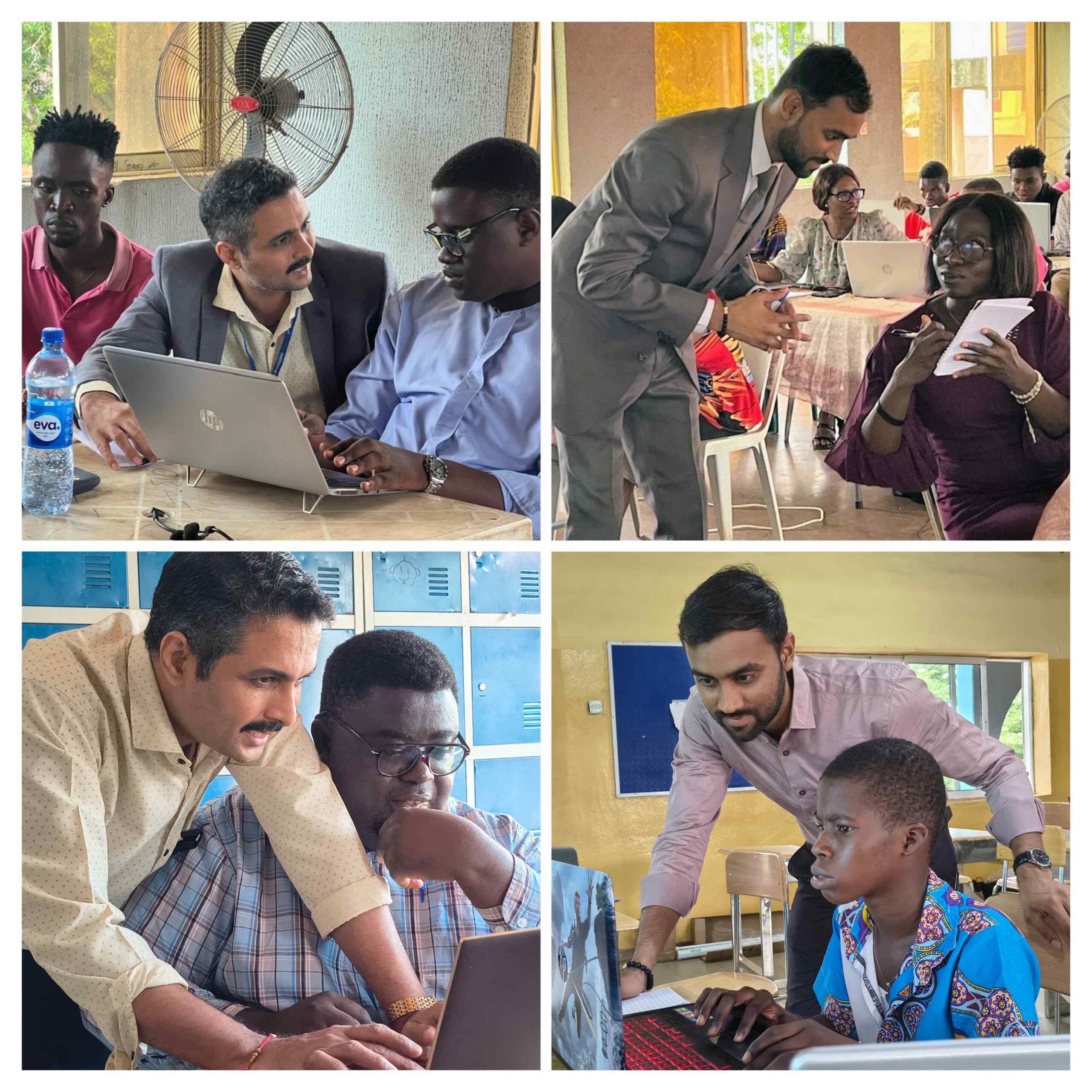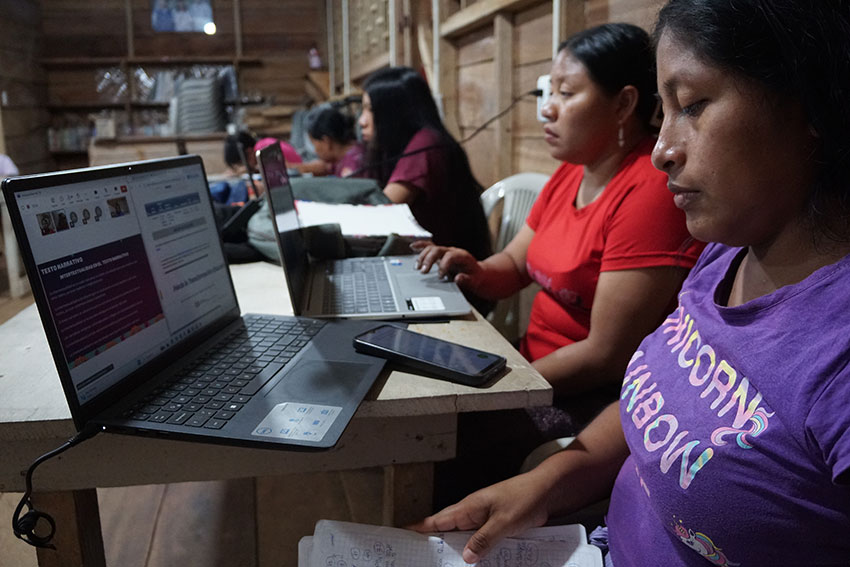In the Face of Crisis: Democracy and Fragility Around the World IAJU 2022 Assembly
The 2022 IAJU Assembly pre-conference workshop, “In the Face of Crisis: Democracy and Fragility Around the World,” took place on Wednesday, August 3. The two-part workshop introduced the Democracy Observatory Project and reviewed the state of democracy in each of the six regions comprising IAJU. Panelists were in agreement regarding the fragility of and increasing general disenchantment with democracy. Yet they explained how Jesuit universities are uniquely positioned to cultivate respect for democracy among students and, ultimately, help restore faith in and the application of democracy.
AUSJAL’s Democracy Observatory Project
The first panel was facilitated by AUSJAL’s Executive Secretary, Dr. Francisco Urrutia. The session began with a video featuring Rev. Arturo Sosa, S.J., Superior General of the Society of Jesus. He introduced the strategic plan for the Association of Universities Entrusted to the Society of Jesus in Latin America (AUSJAL), which includes three key objectives:
- Develop joint research between AUSJAL universities on strategic themes;
- Exchange, systematize, and develop experiences in social and political leadership training among AUSJAL universities with other Jesuit universities and networks, especially within the framework of IAJU; and
- Develop joint international activities regarding strategic issues of advocacy that link to the priorities of university presidents and boards of directors.
The Democracy Observatory Project was created in response to these three priorities, as highlighted by Rev. Luis Arriaga, S.J., president of AUSJAL, as well as the Iberoamericana University in Mexico. In 2021, the Observatory, led by Andrés Bello Catholic University in conjunction with the Konrad Adenauer Foundation, published the book, “Crisis and Disenchantment with Democracy in Latin America.” The publication was a collaboration between thirty-seven scholars from twenty-two universities in nine Latin American countries. Dr. Ángel Álvarez of Andrés Bello Catholic University summarized the research findings: democracy is fragile and universally on decline in the region. The Observatory will conduct further research on this topic with the goal of shedding light on areas under-studied by other leading democracy organizations.
In response to the Observatory’s findings, Dr. Michelle Bachelet, the High Commissioner for Human Rights at the United Nations, emphasized that trust in institutions is falling, as people do not feel that democracy is delivering on its promise of a better future. However, democracy is resilient; it is necessary to persevere in our commitment to equality for all.
Georgetown University Associate Professor and Director of the Center for Latin American Studies, Rev. Mathew Carnes, S.J., concluded the panel by drawing attention to the importance of this form of collaboration within the Jesuit network. He reminded us that while there is a steep climb ahead, it is one that Jesuit universities are particularly well suited for: “Religious institutions like ours are dedicated to the idea of bringing diverse people together under the common vision of a God who loves us first and gives us hope. We as Jesuit institutions have an idea of how we can create communities of solidarity,” especially ones guided by the Universal Apostolic Preferences (UAPs).
Regional Reflections on the State of Democracy
In the second panel, representatives of each IAJU regional association exposed the challenges of democracy in their regions and discussed opportunities to face this immense challenge as a worldwide university. Dr. Linda LeMura, president of Le Moyne College (USA) opened the discussion by emphasizing the importance of creating spaces within our global Jesuit community to connect with and invest in each other. More reflections came from the following individuals:
- Dr. Carla Eddé, vice president for international affairs at Saint Joseph University (Lebanon), emphasized her university’s compulsory global citizenship-focused courses and innovative service and research programs.
- Dr. Thomas Banchoff, vice president for global engagement and director of the Berkley Center for Religion, Peace, and World Affairs at Georgetown University (USA), outlined the ongoing democracy crisis in the United States. He reflected on the increasingly proactive role of American Jesuit universities in promoting democracy and justice as core to their mission to create people as agents of change.
- Rev. Joye James, S.J., former secretary of the Jesuit Higher Education Association of South Asia (JHEASA), outlined challenges to democracy in India and posed the pressing question: what do you do when democratically elected governments become autocratic, and no one can seem to challenge them?
- M.A. Sophia Opatska, vice rector for implementation of UCU strategy at the Ukrainian Catholic University, spoke passionately about Ukraine’s ongoing battle against Russian invasion and oppression. She reminded everyone, “Democracy is fragile. If you believe in it, you have to be willing to stand for it…Free society is a moral achievement that cannot be achieved once and for all and forever. It is a moral victory that must be pursued by all people at all times.” Her words elicted a standing ovation from the attendees.
- Rev. François Pazisnewende Kaboré, S.J., president of the Association of Jesuit Colleges and Universities in Africa and Madagascar and Kosyam Jesuit University of Science (Burkina Faso), discussed the history of coups and key determinants of non-democracy in Africa. He highlighted three actions that universities can take: 1. Civic and political education for youth; 2. Job creation and entrepreneurship development; and 3. Economic development.
- Dr. Eka Priyatma, chair of the Association of Jesuit Colleges and Universities in Asia Pacific (AJCU-AP) provided further recommendations to encourage students to actively participate in social organizations; develop students’ critical thinking skills (especially in relation to social media); and promote mixing beyond ethnic and religious groups.
Together, these reflections remind us that democracy should not be taken for granted. Instead, our Jesuit universities should learn from these collaborative and innovative approaches to contribute to democratic growth in the future.






